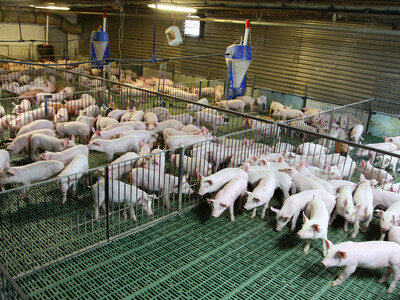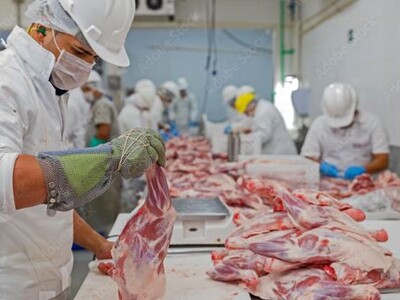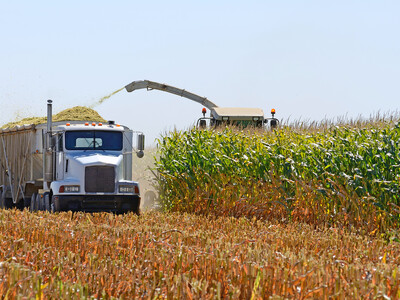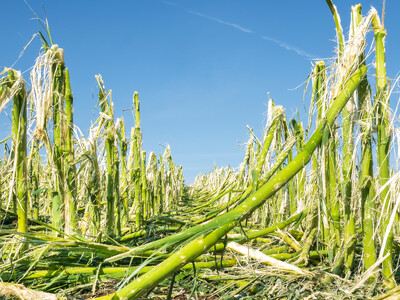Debating Climate Change
Debating Climate Change. I’m Greg Martin with today’s Line On Agriculture.
Global Climate change and renewable fuels were among many topics up for discussion and debate between K-State Professor of Economics Dr. Barry Flinchbaugh and former Texas Congressman Charlie Stenholm at the Ag Media Summit in
FLINCHBAUGH: The Supreme Court gave EPA the authority to regulate greenhouse gas emissions so to pretend we can whip this, we bring agriculture, is ridiculous. We can’t whip it and we’ve got to get inside the tent and help make the decision.
Stenholm - the former ranking member of the House Ag Committee who now works as a lobbyist with several oil and gas interests - says agriculture and rural America will get hit hard if the Senate passes the House version of Global climate change. He says you can't be as punitive to the oil and gas industry - as the bill in the House was.
STENHOLM: If oil and gas is responsible for 44% of the carbon emissions then how do you justify only giving them 2% of the credits. The other 42% will be costs that are passed on to the consumer. Who is one of the biggest consumers? Transportation. Who do we get our food from where it’s raised to where it’s consumed? Transportation. If the cost of diesel goes up the consumer is going to pay and pay and pay. And in agriculture we use a lot of fuel and fertilizer in order to produce the food, the feed and the fiber; the cost is going to be passed on. It will have a very, very damaging effect on our food production system as currently proposed.
Flinchbaugh says the biggest problem about climate change.
FLINCHBAUGH: Farmers think it’s a hoax and they think they can beat it and they’re not going to beat it so they’d better get in there and help do it.
Stenholm says the oil and gas industry as well as other business industries should also be credited for the money spent and work done on reducing carbon emissions from their products. He also does not believe that renewable fuels can replace all fossil fuels in the future.
STENHOLM: In the year 2030 the entire world will be powered with energy coming from fossil fuels. 85% will come from fossil fuels so it’s important that we clean it up but we can’t get ahead of our technology and that’s what the House passed bill did. It got ahead of the technology and it promised with various credits to a whole lot of industry.
That’s today’s Line On Agriculture. I’m Greg Martin on the Northwest Ag Information Network.

















